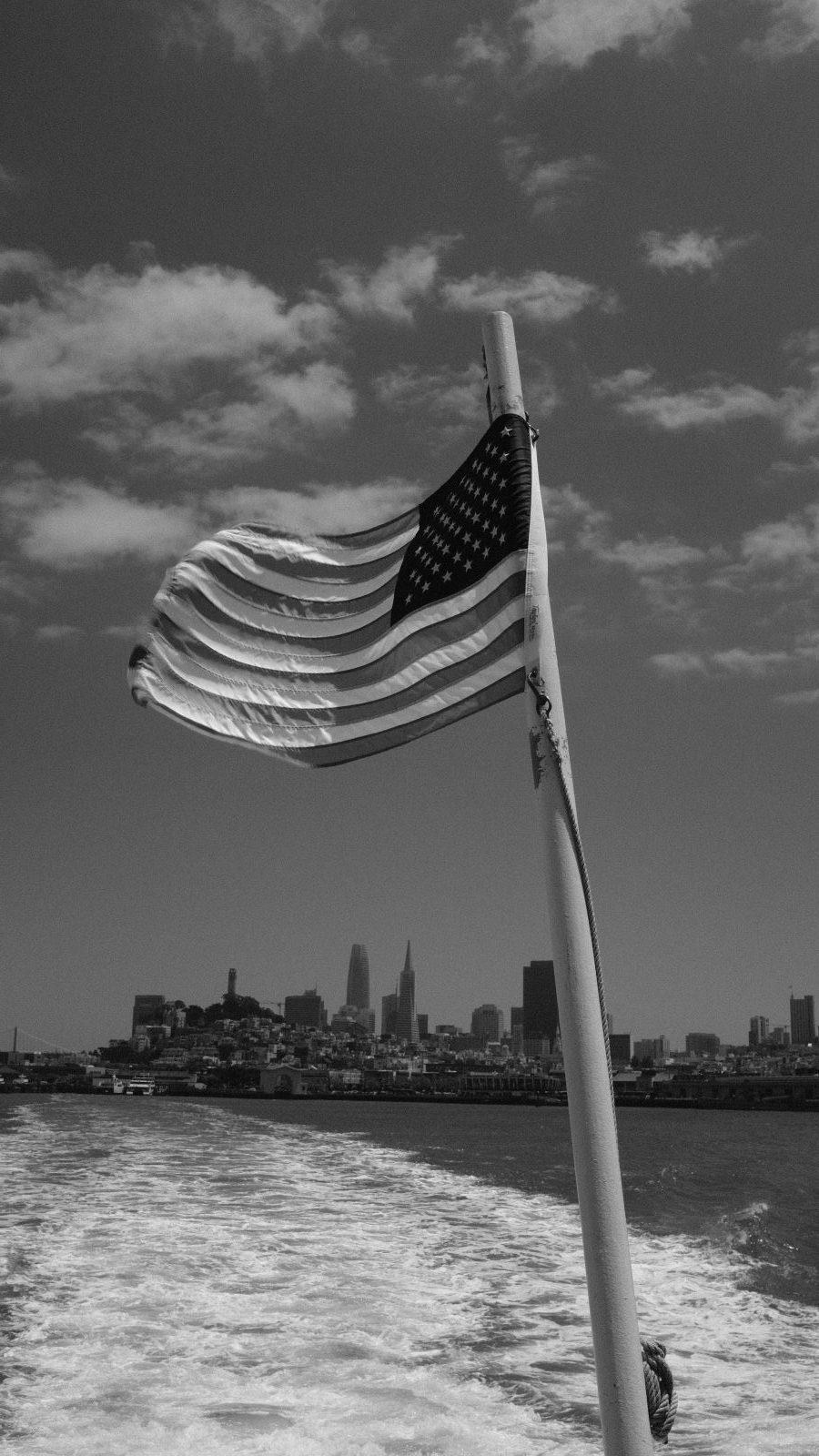America & Civil Religion
Everybody has a religion. For some, this religion is theological. For others, it is the religion of science. In fact, most have a religion of nationality.
Religion is the belief in and worship in a superhuman controlling power.
Google Dictionary, February 2020
To fully appreciate this conversation, some history may be of benefit for the reader…
In my doctorate program with Portland Seminary at George Fox University, I was part of a cohort module. This enabled me to work with the same fifteen students for all three years as well as have the same lead mentor: Doctor Leonard Sweet. Len is a distinguished individual within Christianity – being the author of dozens of books as well as a mover and thinker within the realm. However, many Christians have not heard of Len as well as most Jewish individuals.
In the course of my studies with Len, he was working on a concept he wanted to address: the civil religion of America. Given the recent controversy of the Super Bowl (2020), it seems like a good time to bring up this concept for discussion on YidBrik.
I listened to a drash on Shabbos Shirah by Rabbi Yossi Daitchman (smicha from Chofetz Chaim Yeshiva) in Portland, OR (full disclosure: he is a chavrusa of mine). He shared about how we have an interesting conundrum in America today. Many Americans are full of their national pride and tout their “patriotism” or how American they are. Daitchman goes on to point out that this is contrary to our obligation as a Jew in that we are first and foremost a Jew, nationality a second if at all.
This is a great point I wanted to share and expand on. German Jews, before WWII, were very proud of their German nationality, being German Jews, not “Jews that happen to be German as well.” With the raise of the Reich and aftermath of the war, this left German Jews with a struggle: their entire identity was founded on their nationality of being German, which was now in direct opposition to the very nature of their existence as Jews. I bring this up because American Jews may soon find themselves in a similar situation.
Most Modern Orthodox, Conservative, and Reform Jews (and I’m sure others as well) in America identify closely with their American identity. Some shuls even adjust their davening times around American holidays. This is problematic if America continues down its recent path of increasing antisemitism for. This is problematic now, as well. Why? Because there is always a civil religion, and for the Jew that may very well be avodah zara.
What is Civil Religion? Civil Religion is the religion of the civilization, literally put. In the case of the American Civil Religion, here are some examples:
- Doctrine/Creed: Founding documents such as “Declaration of Independence” and the “Constitution”
- Pastoral Individuals: politicians, band artists, sports icons
- Worship services: sports games and music concerts
- Places of worship: arenas, concert venues, etc.
- Key religious holidays: civil holidays such as New Years, Memorial Day, Independence Day, Labor Day, Veterans Day, etc.
- Reformations within the religion: “Me Too,” misc. scandals, etc.
If one views Americana as another religion, then one can better understand the cognitive struggle of Super Bowl 2020. “Me Too” as a movement became popular in 2017 when the worship leaders and pastors of the American Civil Religion were outed as sexual abusers and predators. In the immediate years following these shocking developments, the role of women and the role of consent changed within the religious movement. At the annual worship service of football in 2020, worship leaders came under fire for their representation of sexuality. This became a divisive conversation within the religious movement as some argued that sexuality should be hidden altogether as a result of #metoo while others argued that women should represent themselves however they want. The debate faded after only a week as denizens returned their focus to their quad-annual election of the supreme pastorate also known as election of the presidency.
This returns us to a challenge for the American Jew: can a Jew identify as an American and take American pride if the foundations of that patriotism are a civil representation of idolatry?

